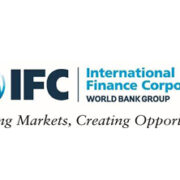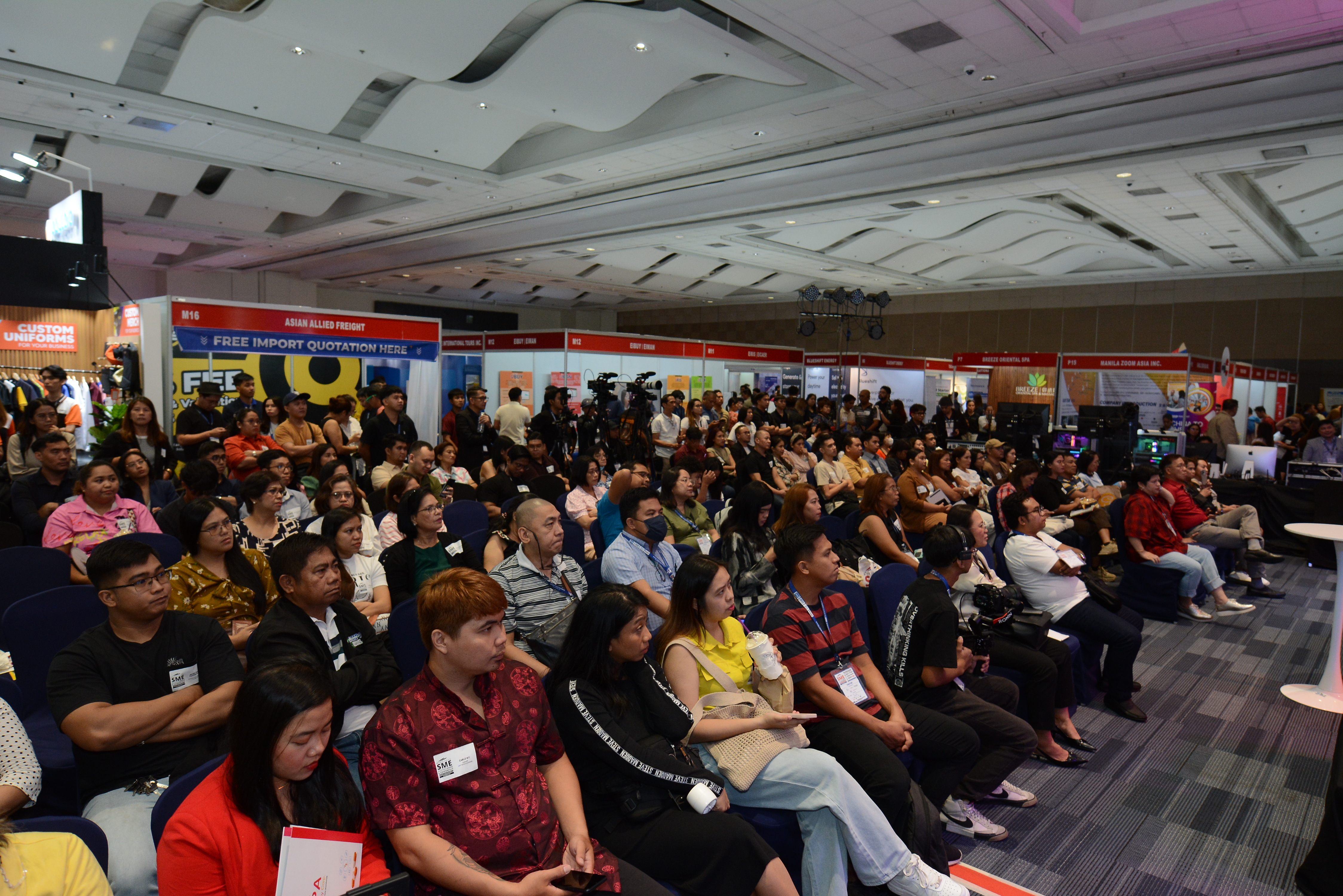Singapore, May 27, 2021 — Southeast Asia’s e-commerce market could grow by more than $280 billion between 2025-2030, according to an IFC report published today with data from e-commerce company Lazada. This can be achieved by increasing the number of women selling on online platforms and by providing them with better training and financial support.
The report, Women and e-commerce in Southeast Asia, found that COVID-19 has accelerated the growth of e-commerce and digital entrepreneurship in Southeast Asia and that more women have embraced digital business. However, it also noted that more can be done to promote women’s entrepreneurship and help women overcome e-commerce challenges. For example, e-commerce marketplace platforms are well-positioned to target women-owned businesses with training, and to encourage women’s participation in higher-value segments such as electronics. Women could also strengthen their businesses by taking advantage of emerging fintech offerings, such as in-platform loans, which women currently access at much lower rates than men. The report leveraged data from Lazada, as well as from surveys of vendors in Indonesia and the Philippines.
“E-commerce in Southeast Asia is thriving. Since 2015, the market has tripled in size, and it is expected to triple again. In this research, IFC shows that this growth could be even higher if we invest in women entrepreneurs on e-commerce platforms”, said Alfonso Garcia Mora, Vice President for Asia and Pacific, IFC.
The report shows that women comprise half of all active e-commerce vendors in Southeast Asia, though they tend to run smaller-scale businesses and feature prominently in high-competition, low-value segments. On the Lazada platform, about a third of businesses in Indonesia and two-thirds of business in the Philippines are women-owned.
Supporting women entrepreneurs has taken on renewed urgency since the outbreak of COVID-19. In the Philippines, for instance, the sales numbers of women-owned businesses had been higher than those of their male counterparts but, due to COVID-19, fell to just 79 percent of those of men.
“In Southeast Asia, e-commerce became a lifeline for individuals’ daily essentials as well as a natural business strategy pivot for vendors and brands when offline operations were affected by Covid-19 safety measures,” said Chun Li, Chief Executive Officer of Lazada Group and Lazada Indonesia. “With the exponential growth opportunities available in the region, we are committed to providing women entrepreneurs with easy access to knowledge and tools to embrace and benefit from the digital economy.”
The research was undertaken by Digital2Equal, an IFC-led initiative conducted in partnership with the European Commission, which brought together 17 leading technology companies operating across the global online marketplace to boost opportunities for women in emerging markets. Additional funding was provided by the Umbrella Fund for Gender Equality. The research was carried out by IFC in partnership with global evidence and advisory firm Kantar Public.
—
About IFC
IFC—a member of the World Bank Group—is the largest global development institution focused on the private sector in emerging markets. We work in more than 100 countries, using our capital, expertise, and influence to create markets and opportunities in developing countries. In fiscal year 2020, we invested $22 billion in private companies and financial institutions in developing countries, leveraging the power of the private sector to end extreme poverty and boost shared prosperity. For more information, visit www.ifc.org.
Stay Connected
www.ifc.org/gender
www.twitter.com/WBG_Gender
www.instagram.com\ifc_org





